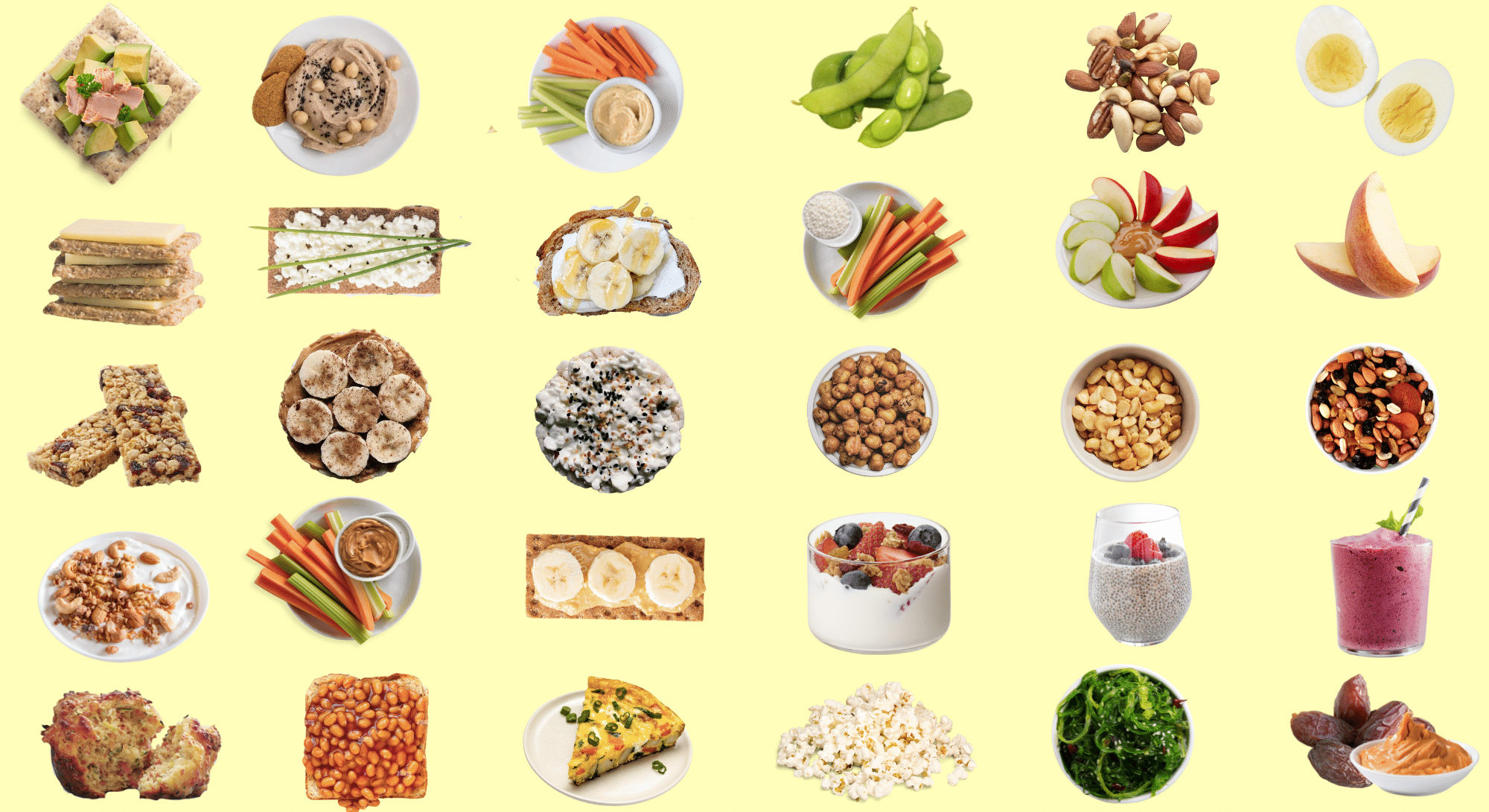When I first embarked on my journey to a healthier lifestyle, I thought I knew everything there was to know about dieting. Little did I realize how much misinformation and confusion surrounded the topic. Over time, I discovered essential healthy eating habits that transformed my approach to nutrition. Here are nine vital insights I wish I had known before trying my first diet, insights that could revolutionize your relationship with food and health.
1. Prioritize Whole Foods Over Processed Ones
One of the biggest mistakes I made was relying heavily on processed foods labeled as “diet” or “low-fat.” These products often contain added sugars, unhealthy fats, and artificial ingredients that do more harm than good. Instead, focus on whole foods—fresh fruits, vegetables, lean proteins, whole grains, and healthy fats. Whole foods are packed with nutrients, fiber, and antioxidants that support overall health and weight management.
2. Don’t Fear Healthy Fats
In my early dieting days, I fell into the trap of believing that all fats were bad. However, healthy fats are crucial for bodily functions and can aid in weight loss. Avocados, nuts, seeds, and olive oil provide essential fatty acids that help you feel satiated and support brain health. Including these in your diet can prevent overeating and maintain a balanced diet.
3. Understand Portion Control
It’s easy to overeat even the healthiest foods if you don’t pay attention to portion sizes. Learning about portion control and serving sizes can help you manage your calorie intake without feeling deprived. Use smaller plates, measure your food, and listen to your body’s hunger cues. This way, you can enjoy a variety of foods without overindulging.
4. Hydration is Key
I underestimated the power of hydration in my initial dieting attempts. Drinking enough water is vital for digestion, metabolism, and overall well-being. Sometimes, our bodies confuse thirst with hunger, leading to unnecessary snacking. Aim to drink at least 8 cups of water a day and incorporate hydrating foods like cucumbers and watermelon into your diet.
5. Balance Your Macronutrients
Carbs, proteins, and fats all play unique roles in our bodies, and it’s essential to balance them properly. In the past, I would cut out carbs entirely or load up on proteins without considering balance. Each meal should include a mix of macronutrients to ensure you’re getting the energy and nutrients your body needs. This balance helps maintain blood sugar levels and keeps you feeling full longer.
6. Plan and Prep Your Meals
Meal planning and preparation can be game-changers for anyone looking to eat healthier. When I started pre-planning my meals, I found it easier to stick to nutritious choices and avoid the temptation of fast food. Set aside time each week to plan your meals, grocery shop, and prepare ingredients. This strategy saves time, reduces stress, and ensures you always have healthy options available.
7. Mindful Eating
Mindful eating involves paying full attention to the experience of eating and enjoying your food without distractions. Early on, I often ate in front of the TV or while scrolling through my phone, leading to mindless overeating. By slowing down, savoring each bite, and recognizing hunger and fullness cues, you can develop a healthier relationship with food and avoid overeating.
8. Don’t Demonize Foods
Labeling foods as “good” or “bad” can create an unhealthy relationship with eating. I learned that it’s more beneficial to focus on overall dietary patterns rather than obsessing over single foods. It’s okay to enjoy your favorite treats in moderation. Restricting certain foods can lead to binge eating or feelings of guilt. Aim for a balanced diet where all foods can fit in moderation.
9. Listen to Your Body
Finally, the most important habit is to listen to your body. Your body knows what it needs and will often send signals about hunger, fullness, and food preferences. Tuning into these signals can help you make better food choices and avoid emotional eating. Trusting your body’s wisdom is a powerful tool for maintaining long-term health and wellness.
Conclusion
Adopting these nine healthy eating habits has been transformative for my health journey, and I hope they can help you too. Remember, the goal is to create sustainable, enjoyable eating patterns that support your overall well-being. Ditch the fad diets and focus on nourishing your body with wholesome, balanced meals.
Call to Action:
For more tips and insights on health and wellness, make sure to bookmark my blog Wellness Accelerator. Follow me on Twitter @wellnessaccel for daily health tips, and subscribe to my YouTube channel Wellness Accelerator for in-depth videos on improving your physical and mental health.




